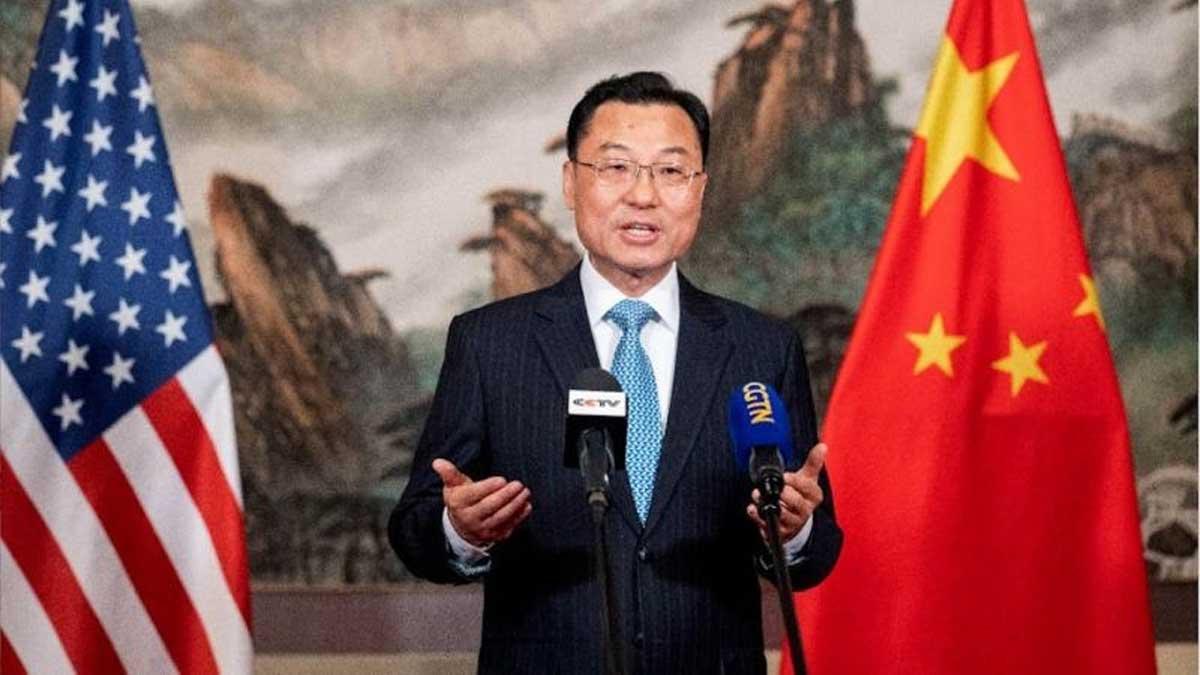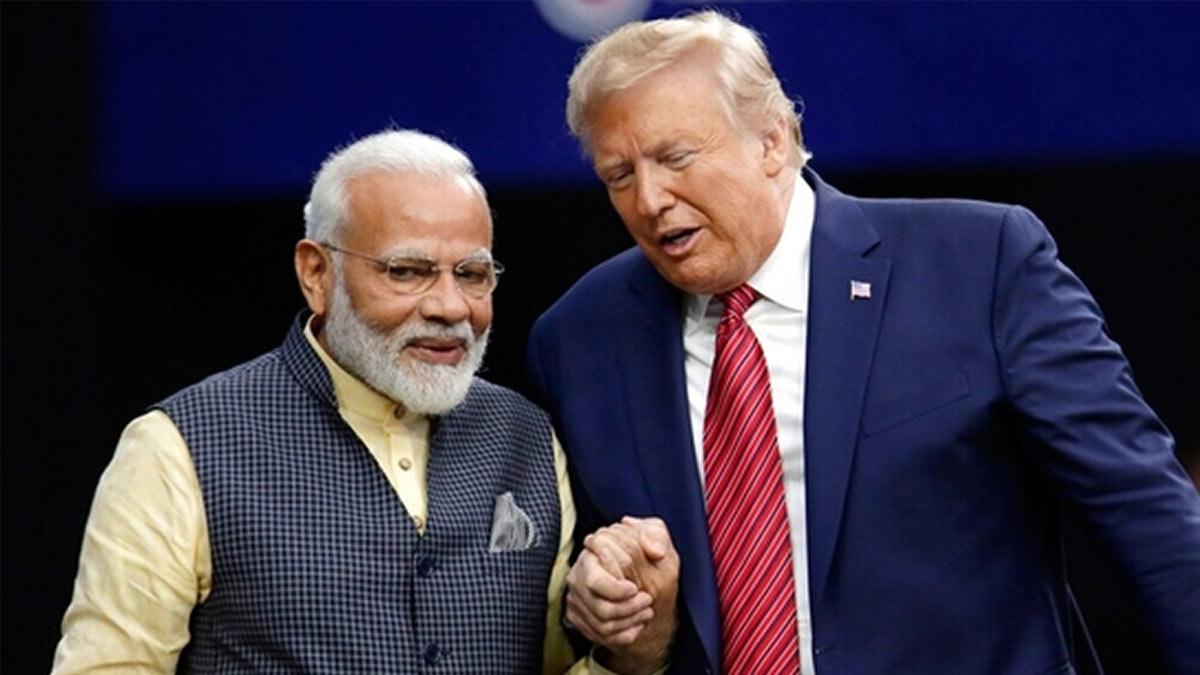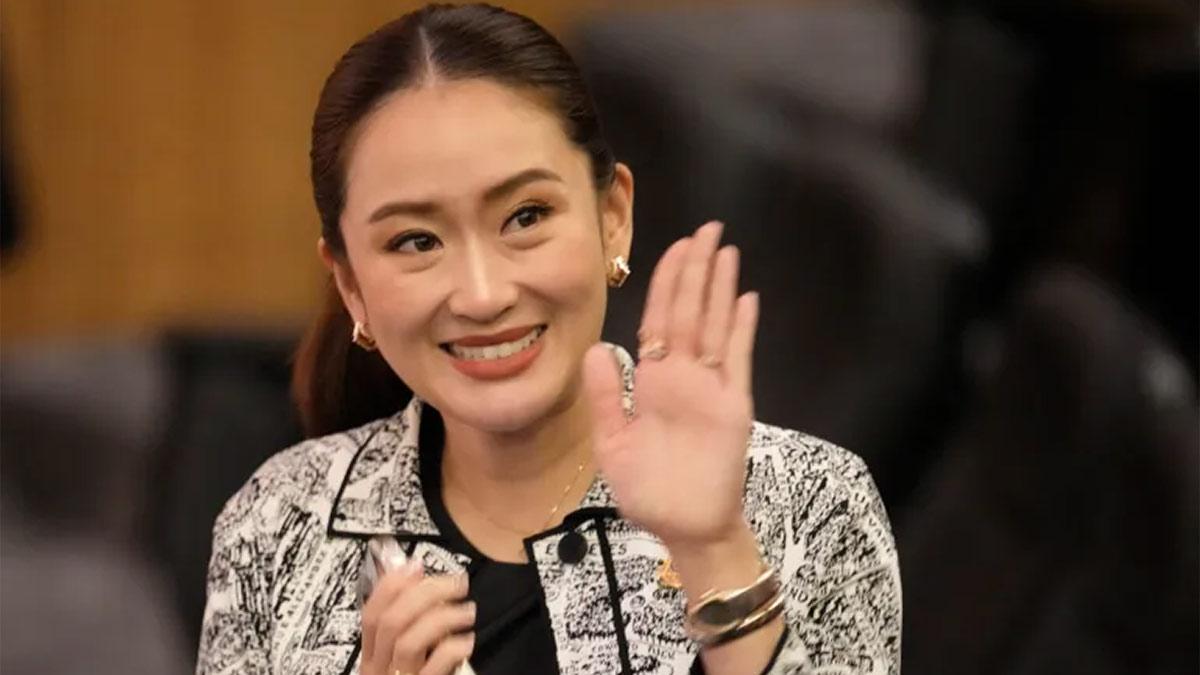In a recent exchange at Harvard University, Chinese Ambassador to the United States, Xie Feng, emphasized that China does not view the Thucydides Trap as an unavoidable fate in its relations with the U.S. Rather than succumbing to it, he urged Washington to engage in collaboration with Beijing.
During a fireside chat with Graham Allison, the founding dean of Harvard Kennedy School, Xie underscored the critical need to circumvent the potential pitfalls of the Thucydides Trap, a concept popularized by Allison's book "Destined for War: Can America and China Escape Thucydides’s Trap?" Since its publication in 2018, the book has become essential reading for those delving into U.S.-China relations.
"Why should we willingly plunge into the perilous depths of the 'Thucydides Trap' now that we are fully aware of its grave implications?" Xie queried at the Harvard event. "China has never regarded the 'Thucydides Trap' as an inevitable outcome."
Expressing China's readiness to engage constructively, Xie outlined the principles of mutual respect, peaceful coexistence, and mutually beneficial cooperation as the foundation for fostering robust and enduring China-U.S. relations. He stressed the importance of mutual dialogue and cooperation, highlighting the necessity for reciprocity and respect in addressing each other's concerns.
Xie underscored China's genuine commitment to addressing issues of interest to the U.S. Nevertheless, he emphasized that dialogue and cooperation must be reciprocal, with both parties prioritizing mutual respect over unilateral interests. He urged the U.S. to take concrete steps to implement the significant agreements reached between the leaders of both countries on matters important to China.
Emphasizing the need for a reciprocal approach, Xie called for prudent management of differences between the two nations to translate the "San Francisco Vision" outlined during the China-U.S. summit into tangible progress. He acknowledged the presence of competition between China and the U.S., asserting that while the Chinese people embrace competition, it must be conducted fairly.
"Competition should resemble a pursuit of excellence on a racing track, rather than a brawl in a wrestling ring," Xie remarked. He criticized certain U.S. actions, including restricting China's access to advanced technologies and alleging China's "over-competence" in specific industries, as examples of unfair competition.
Xie cautioned against framing the relationship solely in terms of competition, warning that an overly competitive stance would only escalate strategic risks without yielding any winners. He urged both nations to avoid strategies aimed at containing or encircling one another under the guise of competition, emphasizing the importance of managing competition while averting direct conflict to ensure the stability and prosperity of China-U.S. relations.
Read also | Iranian President Raisi's Silence on Kashmir Leaves Pakistani PM Disappointed


















